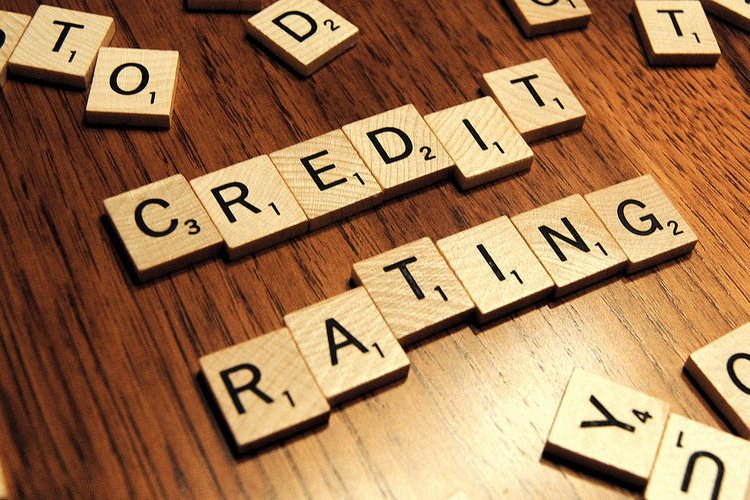
When it comes to your financial health, a good credit rating is absolutely essential. Even if you plan to live your life borrowing as little money as possible in the future, a bad credit rating could get in your way in numerous different situations, such as getting a mortgage to buy a new home, signing a new tenancy agreement, buying a new car, or even simply upgrading to the latest smartphone. If your credit rating has suffered, you may find it more difficult than most people to do these things. If you’re currently grappling with a low credit rating, the good news is that there are several methods of improving it and climbing back up to the top. Here are some of the best tips:
Tip #1. Check Your Credit Rating Regularly
Keeping on top of improving your credit rating means checking it regularly to see where you are up to. Not only will this allow you to see what your score currently is and better understand what you can do to improve it but it’ll also allow you to determine whether there have been any mistakes in your credit report, which could contribute to your credit rating being so low. The good news is that there are several options for checking your credit rating for free online; these are updated regularly and show you what changes have been made.
Tip #2. Pay off Your Debt
If you are still in some debt, then the best way to get your credit rating looking better is to pay off as much of it as you possibly can. In many cases, this is a must before you can begin saving for something since there’s no point in having savings if you also have debts that are steadily increasing over time. Becoming debt free will allow you to stop worrying about making repayments and free up more money that you can put towards your savings goals. Consolidation loans can be used in some cases. These are where you borrow more money to pay off your existing debts – often this results in lower monthly payments and less interest for you to pay going forward. Choose a reputable loans company such as 118118 Money if you’re considering getting a loan. They will help you to work out how much you can afford to loan so you won’t find yourself in trouble again.
Tip #3. Stay Up to Date with Bills
When it comes to improving your credit rating, if you don’t currently owe any money then you might be wondering how you can do this. The good news is that there’s no need to start getting into debt to improve your credit rating if you do not currently need to borrow money. Simply staying up to date with your utility bills, such as gas, electricity, water, and broadband for your home can go a long way towards boosting your credit score over time. Make sure that your bills are always paid in full and on time – late payments, even if it’s only by a couple of days, can have a negative effect.
Tip #4. Use Your Credit Card Wisely
A credit card can be an excellent financial tool to have. However, this is only true when it is used wisely. Overspending on your credit card, even if you don’t actually go over the limit, can be detrimental towards your credit rating. Instead, use your credit card for smaller purchases and make sure that you never use up more than 50% of the overall balance at any given time, regardless of your credit limit. So, if you have a credit card which gives you £1,000 to spend, never spend more than £500.
Tip #5. Get on the Electoral Roll
One component of a credit check is checking that you are at a fixed address. Being on the electoral roll will make it much easier for creditors to do this. Therefore, this usually provides you with a boost when it comes to your credit rating. Being on the electoral roll will help to verify your address and make it easier for you to get credit and other financial products.
Tip #6. Borrow Some Money
Lastly, you might think that the best way to improve your credit rating is to steer clear of borrowing, but this isn’t always true. In fact, if you have never borrowed any money, this can put you in a tricky position with lenders, as although there’s no evidence to say you’ll be an irresponsible borrower, there’s also none to prove that you won’t be. Because of this, it’s a good idea to borrow a small amount of money responsibly, whether this is a low limit credit card, short-term loan, hire purchase agreement, or a store card – so long as it’s paid back on time, your credit rating should improve.
Did you find these tips useful for improving your own credit rating? How are you planning to get your credit rating back at the top? We’d love to hear from you in the comments.

Founder Dinis Guarda
IntelligentHQ Your New Business Network.
IntelligentHQ is a Business network and an expert source for finance, capital markets and intelligence for thousands of global business professionals, startups, and companies.
We exist at the point of intersection between technology, social media, finance and innovation.
IntelligentHQ leverages innovation and scale of social digital technology, analytics, news, and distribution to create an unparalleled, full digital medium and social business networks spectrum.
IntelligentHQ is working hard, to become a trusted, and indispensable source of business news and analytics, within financial services and its associated supply chains and ecosystems









